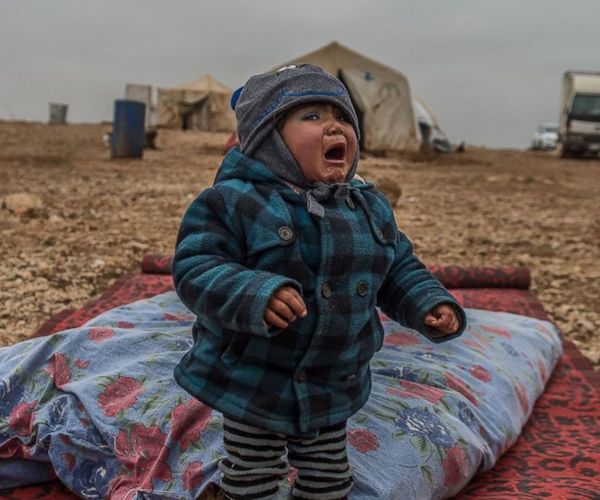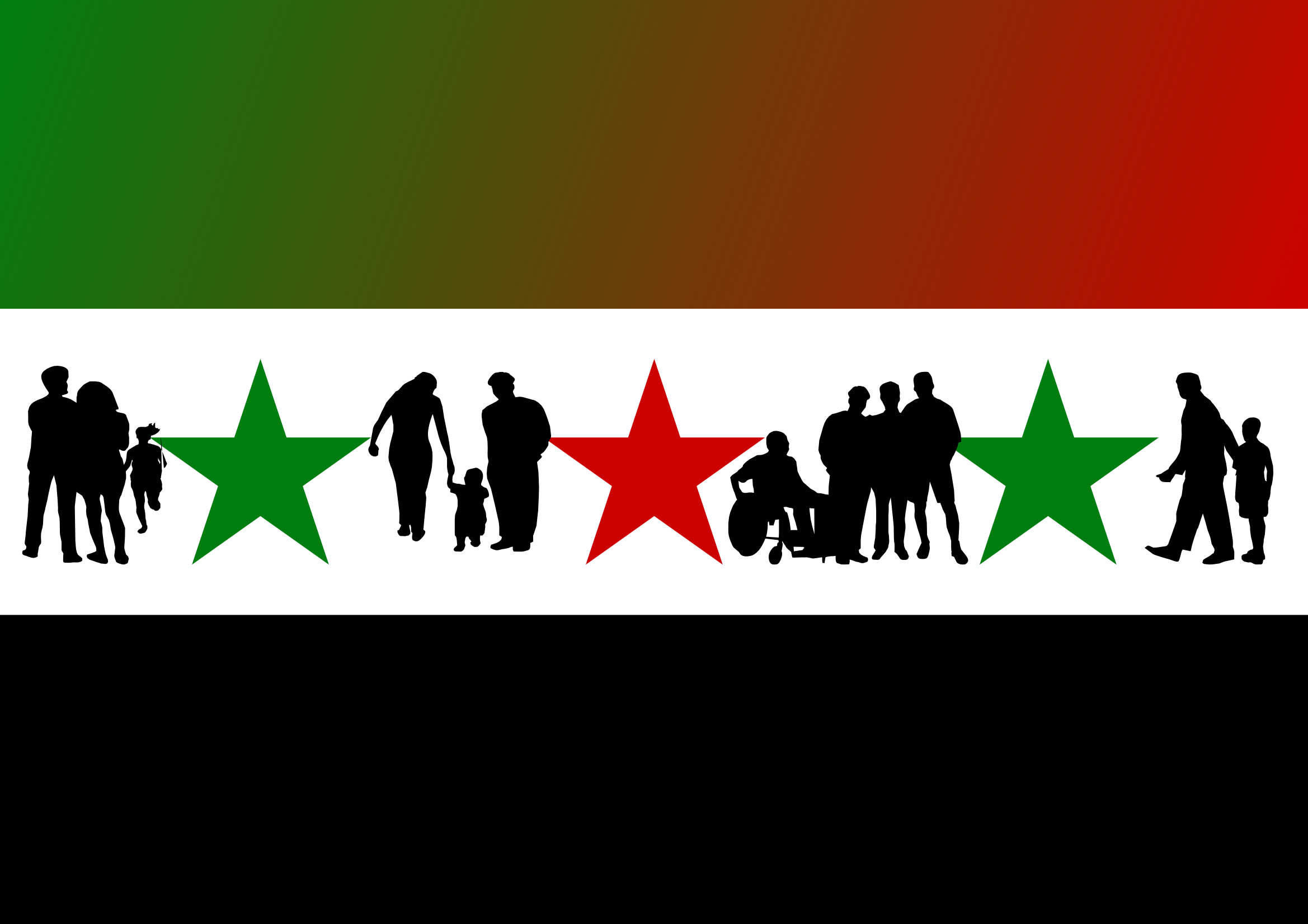 Syria’s humanitarian catastrophe is worsening daily despite the cease-fire and somewhat successful direct negotiations in Astana and Geneva. There is still fighting in some areas, making it difficult for humanitarian organizations such as the Red Cross and Red Crescent to reach civilians in those areas.
Syria’s humanitarian catastrophe is worsening daily despite the cease-fire and somewhat successful direct negotiations in Astana and Geneva. There is still fighting in some areas, making it difficult for humanitarian organizations such as the Red Cross and Red Crescent to reach civilians in those areas.
The government in most cases is unable to restore normality in “liberated” areas, or provide people there with basic needs such as electricity and water. Syrian officials are even unhappy at the burden of those areas now being completely their responsibility, with no one else to blame. Damascus’ resources are dwindling, its allies’ help is insufficient, and humanitarian aid provided by NGOs is limited compared to the scale of the tragedy.
Humanitarian organizations have limited access to areas controlled by radicals and extremist groups, not least because of the high security risks. NGOs have no access to areas controlled by Daesh, in which about 1.5 million Syrians are concentrated. The humanitarian catastrophe in Syria will deteriorate further following the operation to liberate Raqqa, as such operations have always resulted in extremely high civilian fatalities, injuries and displacement.
The humanitarian disaster is not limited to physical suffering, famine, illness or malnutrition. It has an enormous psychological impact that is practically impossible to evaluate. December saw the evacuation of east Aleppo, which lay in ruins, its people emaciated. What shocked Red Cross representatives taking part in the evacuation was that no children were crying — a sign of their internal pain at the hope, loved ones, life, home and country they have lost.
Even if the ground war ends today and true peace prevails, the war will remain in hearts and memories. Most Syrians returning home will have to restart their lives from scratch.
Maria Dubovikova
Psychological trauma is not as striking at first glance as physical wounds, but they become striking with time. Their consequences can be severe and disastrous for the whole country in the long run. Experts say rebuilding Syria will cost some $100 billion. But the human cost is immeasurable. Material things are more easily repaired than a social fabric.
Even if the ground war ends today and true peace prevails, the war will remain in hearts and memories. It will remain in its physiological consequences. Most Syrians returning home will have to restart their lives from scratch.
Many Syrians have lost contact with their relatives and have no knowledge of the whereabouts of their loved ones. People are detained by the government without prosecution, but the rebels are no saints either. People are disappearing, perishing in mass executions by Daesh, and dying in shelling and airstrikes. Many are yet to perish. These millions of personal tragedies are forming a national and global catastrophe.
There is also the near-complete destruction of infrastructure, including hospitals and schools, depriving people of basic social needs. Education may not seem so important at first glance, but the future of Syria lies in the hands of youths who are critically damaged by the conflict, and hence easily manipulated by extremist recruiters. With NGOs’ focus understandably on helping people survive, this issue is not being addressed.
Ignoring the psychological and social aspects of the humanitarian catastrophe could cost Syrian society and the whole world dearly. But there is hope because of the inherent traits of the Syrian people: Kindness, open-heartedness, generosity and hospitality. Despite their suffering and losses, they are demonstrating unprecedented resilience and love.
They help each other regardless of their political views, and are ready to share with their neighbors their last piece of bread, an example of generosity and unity amid this devastating war. Thus there is no civil war between civilians.
It is a fight for power, to realize the geopolitical ambitions of certain forces and people on both sides of the frontline, as well as their sponsors. Hopefully, Syrians’ natural warmth will be the key binding element of reconciliation and civil society, overcoming the politics that have brought nothing but war and hatred.
Initially published by Arab News: http://www.arabnews.com/node/1070051
 Stop war. You are all Syrians. (by Maria Dubovikova)
Stop war. You are all Syrians. (by Maria Dubovikova)











